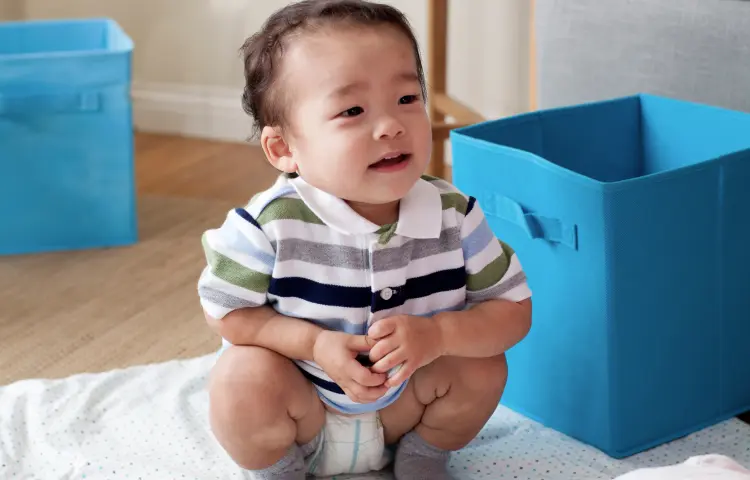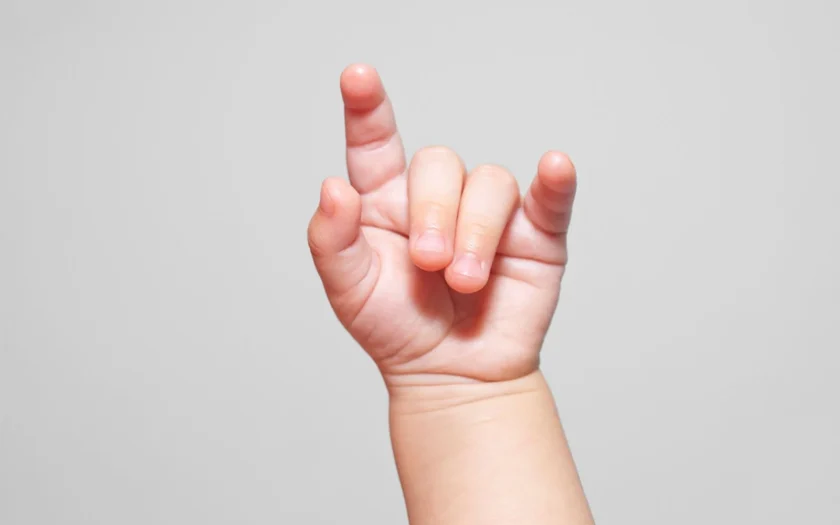Babies are born with 20 baby teeth, also known as primary teeth, though these teeth are not visible at birth. They typically begin to emerge through the gums around 6 months of age, a process known as teething. By the time your baby is 2 to 3 years old, all 20 primary teeth will usually be in place, setting the stage for their lifelong dental health. Proper care of these teeth is crucial, as they help with chewing, speaking, and guiding the development of permanent teeth.
The Basics of Baby Teeth: Development, Care, and Milestones
Understanding baby teeth is essential for promoting your child’s oral health. From the emergence of their first teeth to the eventual transition to adult teeth, knowing the key stages and care practices helps ensure healthy development. This guide covers the basics of baby teeth, including their growth, appearance, and important milestones.
Babies are born with a complete set of primary teeth that include:
- 4 second molars (two in the upper jaw, two in the lower jaw);
- 4 first molars (two in the upper jaw, two in the lower jaw);
- 4 canine teeth (two in the upper jaw, two in the lower jaw);
- 4 lateral incisors (two in the upper jaw, two in the lower jaw);
- 4 central incisors (two in the upper jaw, two in the lower jaw).
These teeth emerge through the gums, typically beginning around 6 months of age. By the time your child is 2 to 3 years old, all 20 primary teeth will generally have come through.
Baby teeth differ from adult teeth in several ways. Their enamel, the outer covering, is thinner, which makes these teeth appear whiter. Additionally, baby teeth have narrower roots compared to adult teeth. This allows the adult teeth to emerge properly later on, as the primary teeth gradually fall out around age 6. As your child grows, their jaw will also expand to accommodate the larger adult teeth.
Understanding the basics of baby teeth equips you with the knowledge to support your child’s dental health effectively. By monitoring their development and following good care practices, you can help ensure that their transition to adult teeth is smooth and their overall oral health is well-maintained.
The Teething Process: How to Help Your Baby Through It
Teething is the process when your baby’s teeth begin to emerge through the gums. Typically, the first teeth to appear are the central incisors on the bottom, usually between 6 and 10 months of age. By their first birthday, many children will have at least one tooth. Most children will have all 20 baby teeth by the age of 3, although the timing can vary from child to child. If you have concerns about the timing or development of your baby’s teeth, consult with your dentist for personalized advice.
Why Baby Teeth Matter: The Role of Primary Teeth in Your Child’s Development
Baby teeth play a critical role in your child’s overall development, impacting their ability to eat, speak, and maintain proper dental alignment. Though they eventually fall out, these primary teeth are essential for facilitating the transition to adult teeth and ensuring healthy oral development.
Baby teeth are crucial for several reasons:
- chewing and Eating. They help your child chew food properly, which is essential for a balanced diet and overall nutrition;
- speech Development. Baby teeth aid in the proper pronunciation of words, contributing to clearer speech;
- space for Permanent Teeth. They hold space in the jaw for the adult teeth that will emerge later.
Maintaining the health of baby teeth is essential to protect against:
- infections. Poor oral hygiene can lead to infections that may spread and cause more serious health issues;
- cavities. Tooth decay can create cavities, leading to discomfort and potential difficulty eating;
- pain. Healthy baby teeth prevent pain that can interfere with eating and daily activities.
Additionally, significant damage to baby teeth can affect the development of permanent teeth, potentially causing misalignment or other dental issues. Regular dental check-ups and proper oral hygiene from an early age can help ensure the health and proper alignment of both baby and permanent teeth.
Baby teeth are crucial for your child’s development, influencing their ability to chew, speak clearly, and hold space for their permanent teeth. Maintaining their health through proper care can prevent issues that may affect their long-term dental well-being and overall comfort. Regular dental check-ups and good oral hygiene are key to ensuring that your child’s baby teeth serve their important functions effectively.
Keeping Baby Teeth Healthy: Effective Care Strategies
Baby teeth can begin to decay as soon as they emerge, so it’s crucial to start a dental care routine early. After each feeding, gently wipe your baby’s gums with a wet facecloth or a clean gauze pad to remove residue and bacteria. Once the first tooth appears, use a soft-bristled toothbrush with a small amount of water to brush it.
As your child grows, supervise their brushing to ensure they’re using proper technique. For children over 18 months, you can introduce a pea-sized amount of low-fluoride toothpaste designed for kids. Teach them to spit out the toothpaste and rinse their mouth with water to avoid swallowing it. Regular dental check-ups are also important to monitor and maintain oral health.
Nourishing Your Child: Essential Tips for a Healthy Diet
Frequent consumption of sugary foods and drinks can significantly damage your child’s teeth and lead to tooth decay.
To reduce the risk of dental problems, the best drinks for your baby are breast milk and water. For babies under 12 months, stick exclusively to breast milk or infant formula. Avoid using bottles for anything other than water, especially before bed.
As your child grows, limit sugary foods and drinks such as:
- candy and lollies;
- cakes and cookies;
- sugary cereals;
- flavored yogurts.
Additionally, maintain good hygiene by keeping their dummy or pacifier clean and avoid dipping it in honey or sugary substances. Supervise younger children, especially when they’re learning to walk, as they are prone to accidents that can damage their teeth. Regular dental check-ups are also essential for early detection and prevention of dental issues.
Essential Tips for Your Child’s First Dental Visit
It’s important to schedule your child’s first dental visit when their first teeth appear or by their first birthday. Dentists can provide valuable advice on maintaining oral health, what to expect as your child’s teeth develop, and how to address any concerns you might have. Regular dental check-ups can help ensure your child’s teeth and gums remain healthy as they grow. If you have concerns about your baby’s tooth development, you can also reach out to resources like Pregnancy, Birth, and Baby for guidance.



